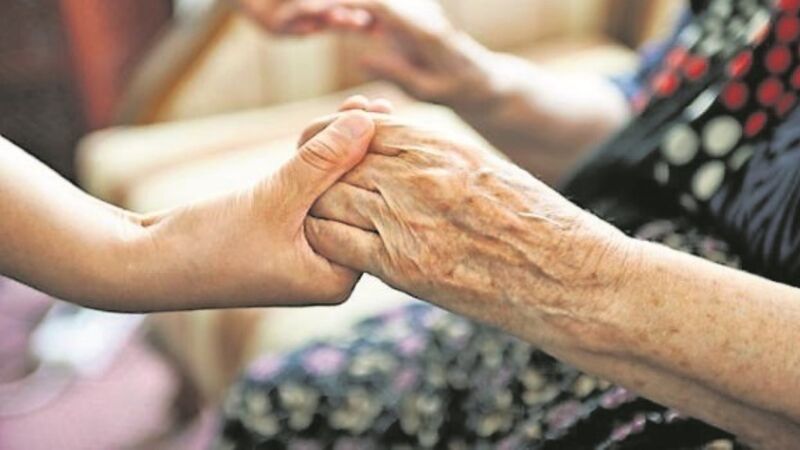Facing the challenges of aging - Blueprints for a new, older Ireland

Three health reports in recent days point to an inevitability facing most of us — old age and the challenges of that journey.
One, a benchmark OECD/EU study, found that Irish men and women now live five years longer than they did in 2000.
















